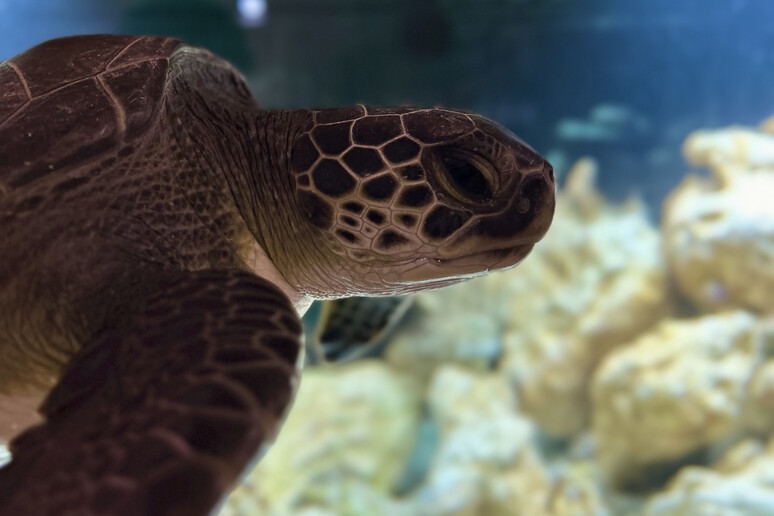Global warming could cause the nesting area of green turtles to expand by up to 60% by 2100, even reaching the coast of Italy, according to an Italian study led by Chiara Mancino of Rome's Sapienza University and published in the journal Scientific Reports.
The researchers said that this shift towards more anthropised areas in the central and western Mediterranean could have a negative impact on nesting success.
"The distribution and nesting of sea turtles, in this case the green turtle Chelonia mydas, is strongly linked to the sea surface temperature and a set of other parameters, and the climate crisis is leading to rapid transformations of these variables, a more rapid change than in the past,” Mancino told ANSA.
The research team, which also included Sandra Hochscheid of the Anton Dohrn Zoological Station in Naples and Luigi Maiorano of Sapienza University, used predictive models of change in the Mediterranean to simulate the impact, up to the year 2100, on the future nesting areas of these turtles, which are currently limited mainly to Turkey and Cyprus in the eastern Mediterranean.
Under worst-case scenarios of rising temperatures, the green turtle nesting area could theoretically expand by up to 62.4% to include the North African coast as far as Algeria, much of Italy and Greece, and the southern Adriatic Sea.
Riproduzione riservata © Copyright ANSA













